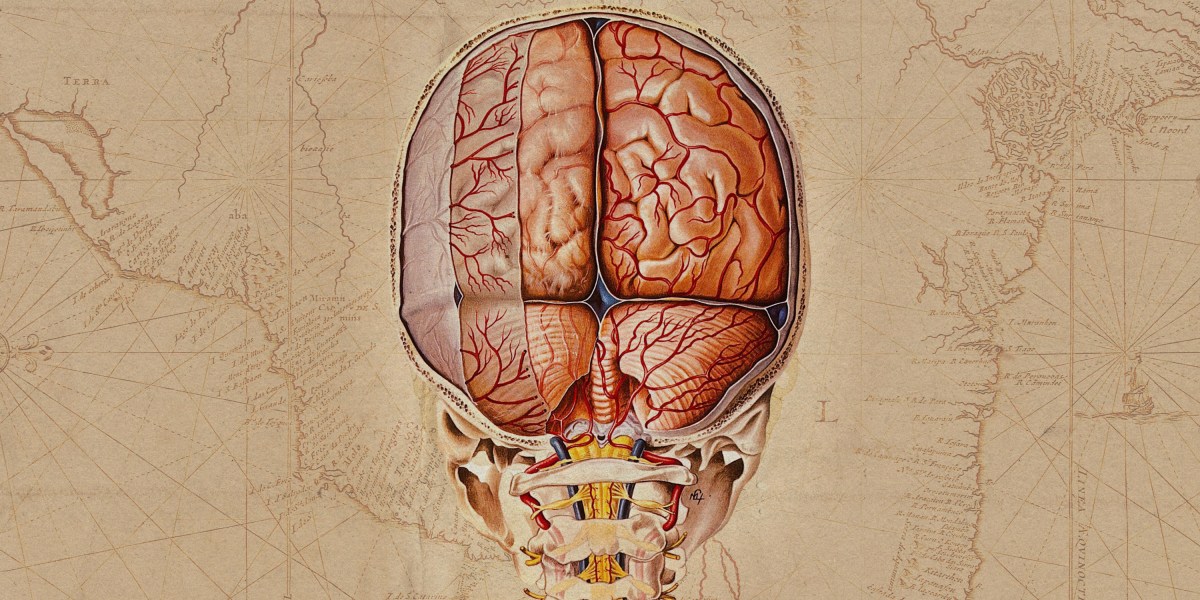The Download: a new brain atlas, and using maths to make sense of nature

Scientists have unveiled the most compete atlas of the human brain ever created. The work, part of the National Institutes of Health BRAIN Initiative, is the culmination of five years of research, and includes the location and function of more than 3,000 cell types.
But what is a brain atlas, exactly, and what sets this one apart from other brain atlases that already exist? And what can it tell us? Read the full story.
—Cassandra Willyard
This story is from The Checkup, our weekly newsletter giving you the inside track on all things medicine and biotech. Sign up to receive it in your inbox every Thursday.
This mathematician is making sense of nature’s complexity
To Gábor Domokos, a professor at the Budapest University of Technology and Economics, an ordinary-looking rocky outcrop in the hills over Budapest is not just a respite from the busy city, but a wellspring of mathematical questions.
Best known for co-discovering the gömböc—the first convex 3D shape with just two balancing points—Domokos’ work on the geometry of pebbles has helped trace erosion on Earth and Mars.


